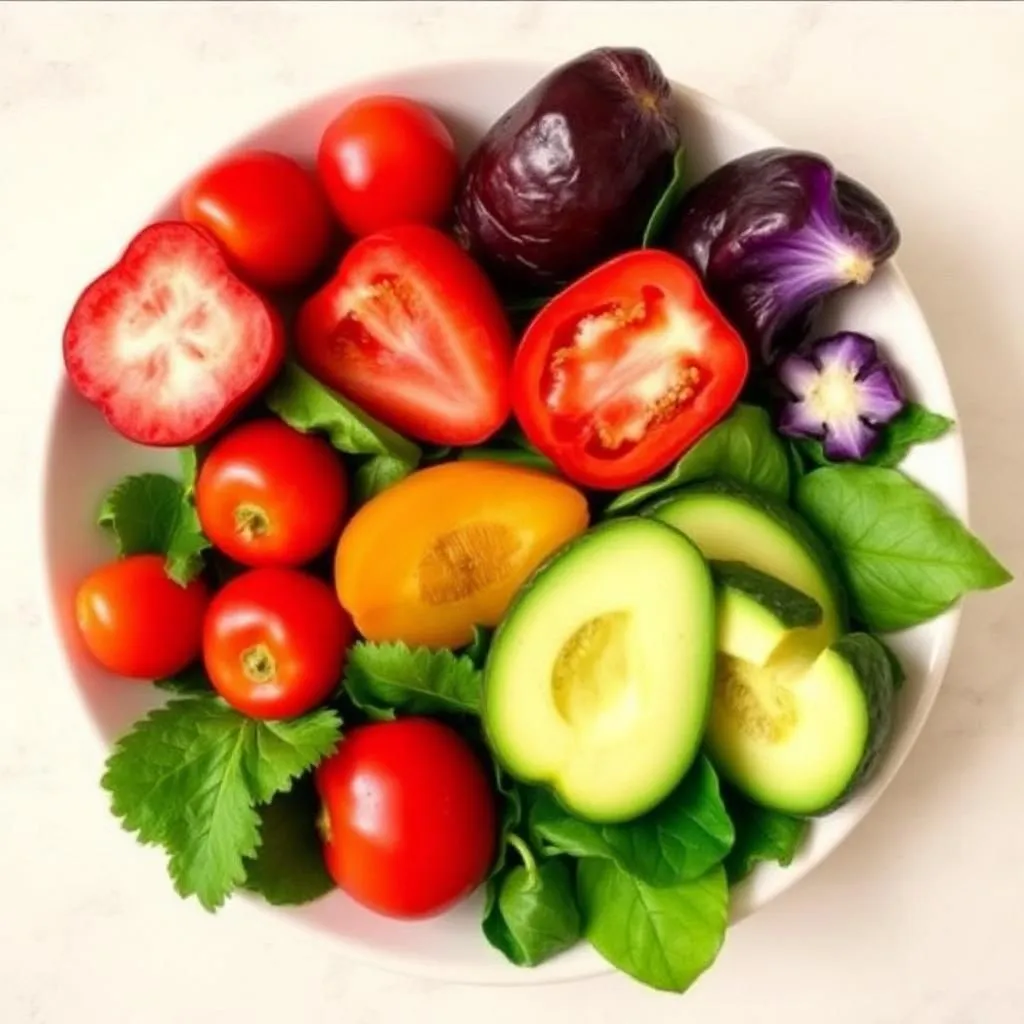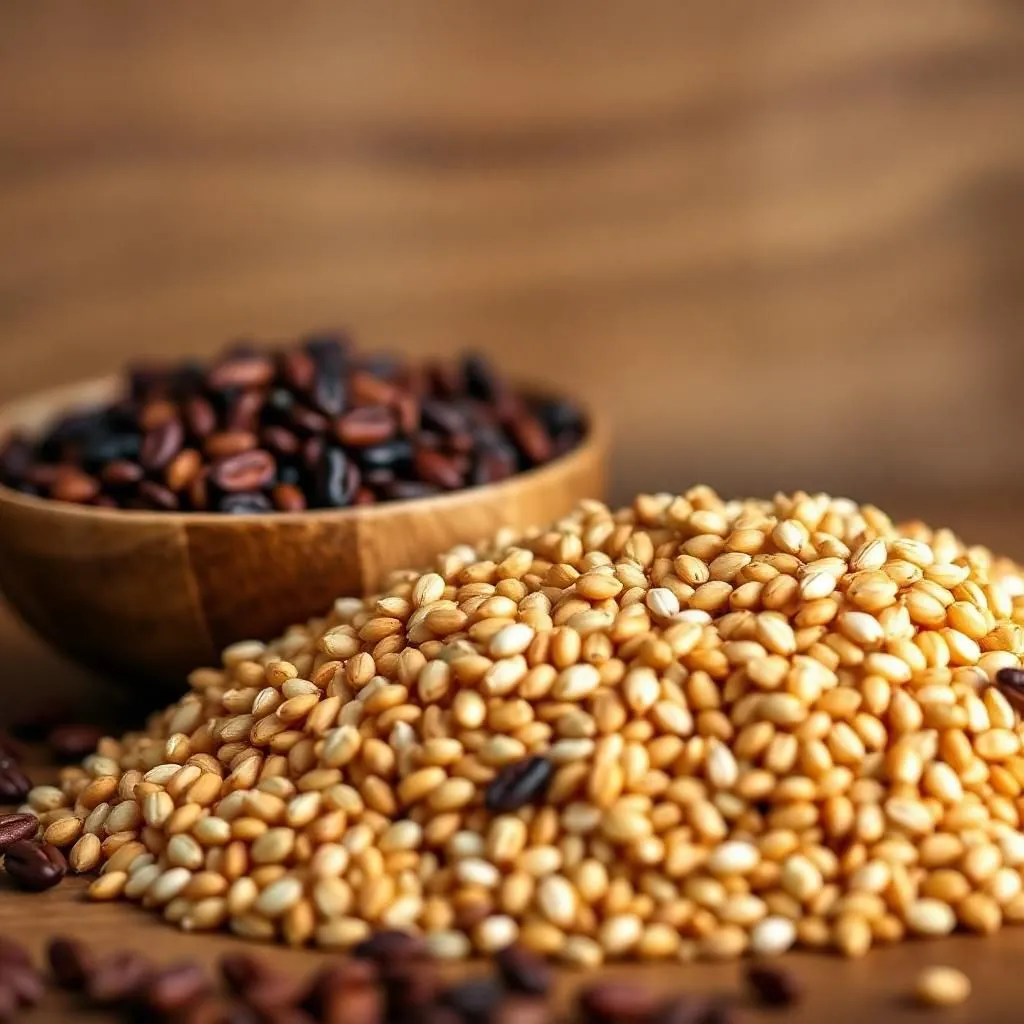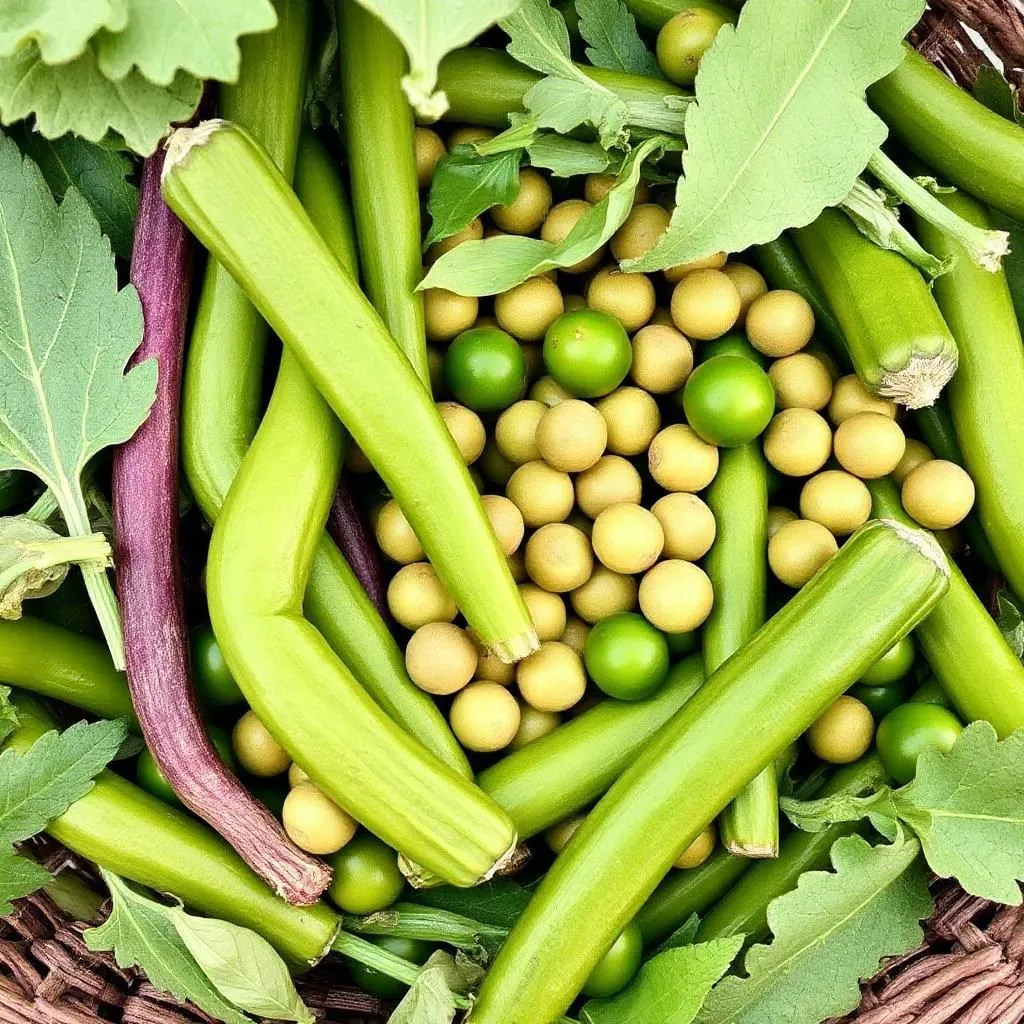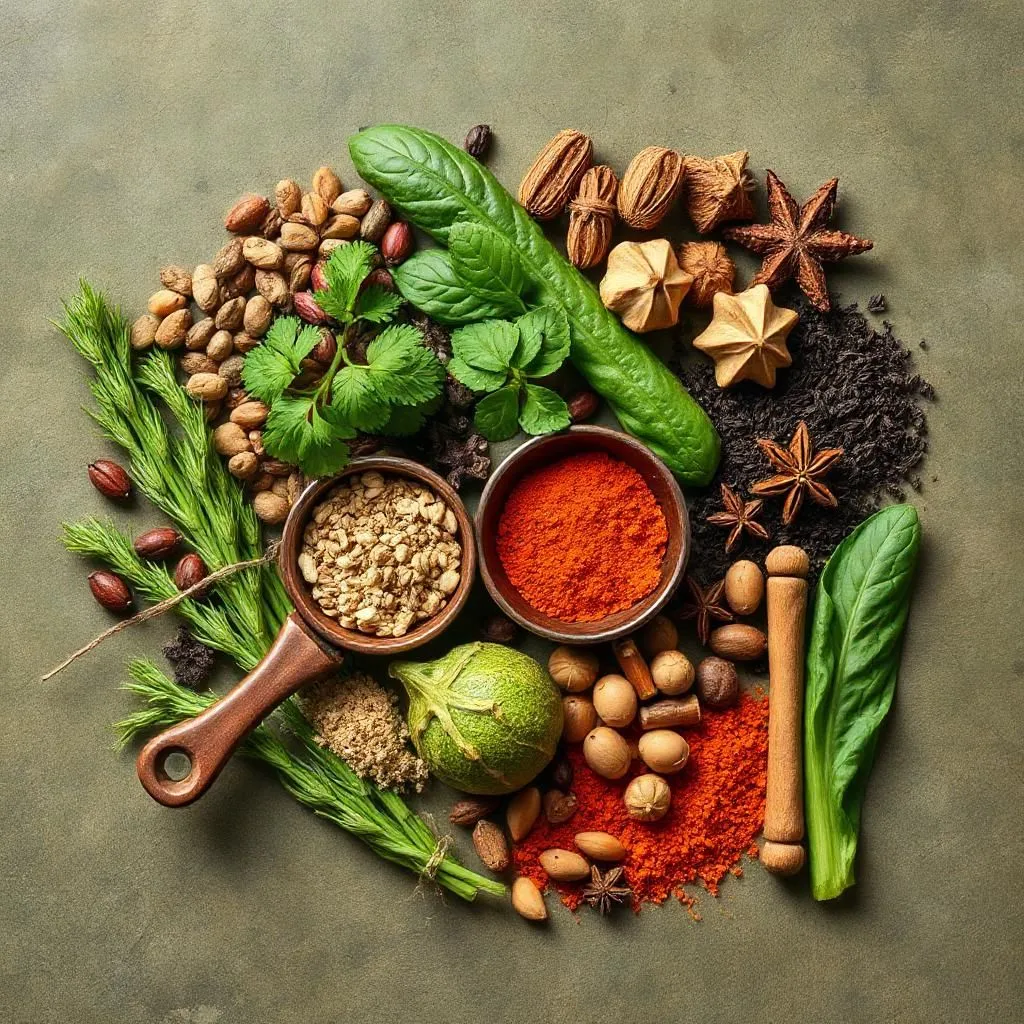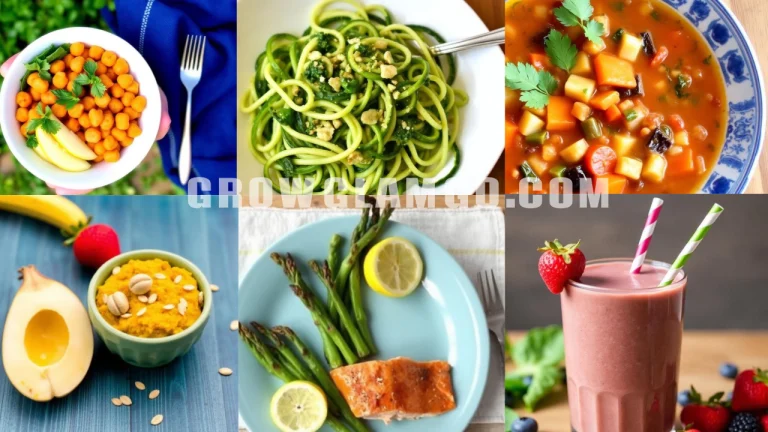The Complete Guide to an Anti-Inflammatory Diet
Inflammation is the body’s natural response to injury or infection—but chronic inflammation can lead to long-term health issues like heart disease, diabetes, arthritis, and even depression. That’s where the anti-inflammatory diet comes in.
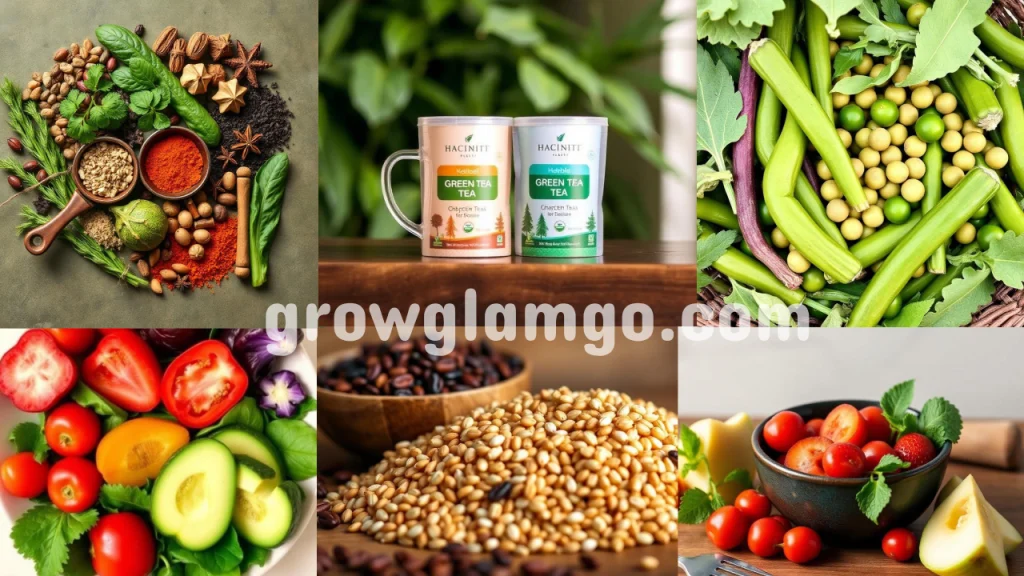
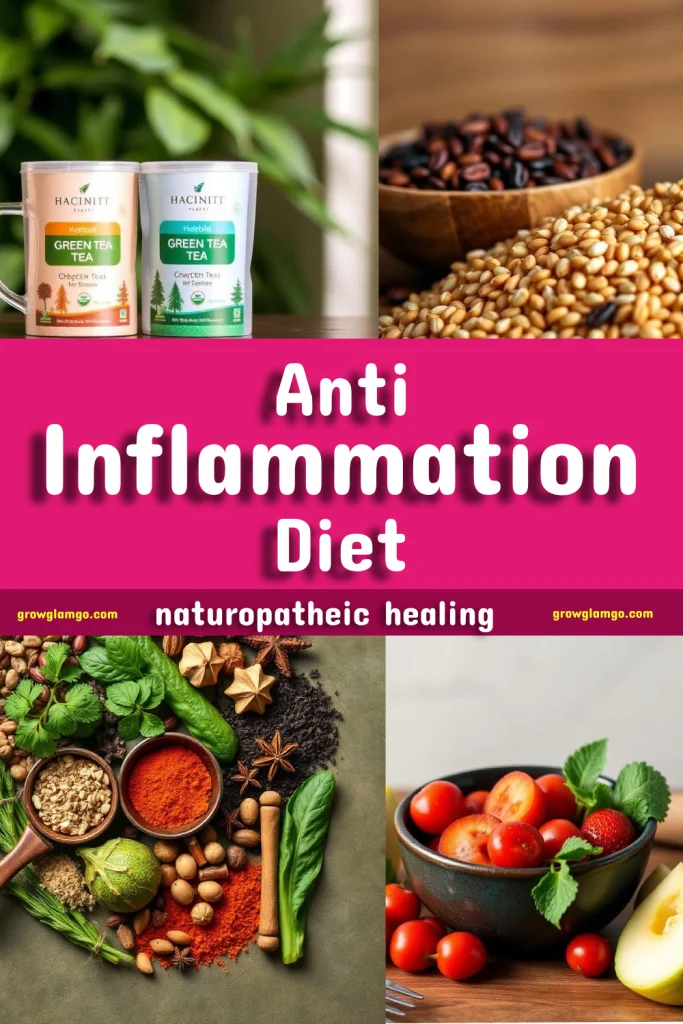
This isn’t a fad or restrictive diet—it’s a lifestyle approach that focuses on whole, nutrient-dense foods that calm your body and promote healing. In this guide, we’ll break down exactly what to eat, what to avoid, and how to build meals that naturally reduce inflammation. Don’t Miss Out: Summer Nail Ideas Easy That’ll Have Everyone Obsessed
What Is an Anti-Inflammatory Diet?
An anti-inflammatory diet is a way of eating that focuses on foods that reduce chronic inflammation in the body. It emphasizes:
- Whole, unprocessed foods
- Healthy fats
- Antioxidant-rich fruits and vegetables
- Omega-3 fatty acids
- Limited sugar and refined carbs
It’s often compared to the Mediterranean diet, but with an added focus on avoiding inflammatory triggers like processed oils and added sugars. Don’t Miss Out: How to Pose for Pictures to Always Look Cute
Benefits of an Anti-Inflammatory Diet
Choosing anti-inflammatory foods consistently may lead to:
- Reduced joint and muscle pain
- Improved digestion
- Lower risk of heart disease and diabetes
- Better energy and mood
- Clearer skin
- Slower aging process
- Reduced brain fog and mental fatigue
Foods to Eat on an Anti-Inflammatory Diet
Here are some staples to stock your kitchen with:
1. Colorful Vegetables
Rich in antioxidants, fiber, and phytonutrients:
- Kale, spinach, collard greens
- Bell peppers, broccoli, Brussels sprouts
- Carrots, sweet potatoes, beets
2. Berries and Fruits
Loaded with polyphenols and vitamin C:
- Blueberries, strawberries, cherries
- Oranges, pomegranates, apples
3. Healthy Fats
Support brain health and fight inflammation:
- Extra virgin olive oil
- Avocados
- Nuts: almonds, walnuts, Brazil nuts
- Seeds: chia, flax, hemp
4. Fatty Fish
Excellent source of omega-3s:
- Salmon
- Sardines
- Mackerel
- Anchovies
5. Whole Grains
Choose fiber-rich, slow-digesting options:
- Quinoa
- Brown rice
- Oats
- Buckwheat
6. Legumes
High in fiber and plant-based protein:
- Lentils
- Chickpeas
- Black beans
7. Herbs and Spices
Natural anti-inflammatory boosters:
- Turmeric (with black pepper)
- Ginger
- Cinnamon
- Garlic
8. Green Tea & Herbal Teas
Green tea contains EGCG, a powerful antioxidant known to reduce inflammation.
Foods to Avoid (or Limit)
These can trigger or worsen inflammation:
- Refined sugar – found in soda, candy, baked goods
- Processed carbs – white bread, pastries, cereals
- Fried foods – especially those made with seed oils
- Red and processed meats – bacon, sausage, deli meats
- Excess alcohol – aim for moderation
- Trans fats and hydrogenated oils – check processed food labels
- Artificial additives – including MSG and food dyes. Don’t Miss Out: Stylish Summer Jeans Outfits: Perfect Combinations for a Trendy and Comfortable Look This Season
Sample One-Day Anti-Inflammatory Meal Plan
Breakfast:
Overnight oats with chia seeds, blueberries, walnuts, and cinnamon
Snack:
Green smoothie with kale, banana, almond butter, and flaxseeds
Lunch:
Grilled salmon salad with arugula, cherry tomatoes, avocado, and olive oil vinaigrette
Snack:
Apple slices with almond butter and a sprinkle of cinnamon
Dinner:
Quinoa bowl with roasted sweet potatoes, black beans, sautéed spinach, and turmeric tahini dressing
Evening:
Chamomile tea or golden milk (turmeric + almond milk) Don’t Miss Out: Adorable Summer Nail Designs Trending This Season
Anti-Inflammatory Lifestyle Tips
Eating is just part of the picture. To fully reduce inflammation, consider:
- Managing stress (try meditation or yoga)
- Getting regular movement (even 30 mins of walking helps)
- Prioritizing sleep (7–9 hours is ideal)
- Avoiding smoking and excessive alcohol
- Staying hydrated (aim for at least 8 cups/day)
Who Can Benefit from an Anti-Inflammatory Diet?
This way of eating is especially beneficial for people dealing with:
- Autoimmune disorders (like lupus, MS, RA)
- Arthritis
- IBS or gut inflammation
- Chronic fatigue
- Skin conditions (like acne or eczema)
- Mental health concerns
- Heart disease or high cholesterol
But even if you’re generally healthy, an anti-inflammatory diet can boost your energy, mood, and long-term health. Don’t Miss Out: Summer Nails 2025: Almond Nails Ideas 2025
Final Thoughts
Instagrammable smoothie bowls aside, the anti-inflammatory diet is a sustainable way to nourish your body from the inside out. With vibrant veggies, healthy fats, and antioxidant-rich foods, it’s more about what you can eat than what you can’t.
Whether you’re managing inflammation or simply want to feel better daily, this diet can support healing, energy, and glowing wellness.

